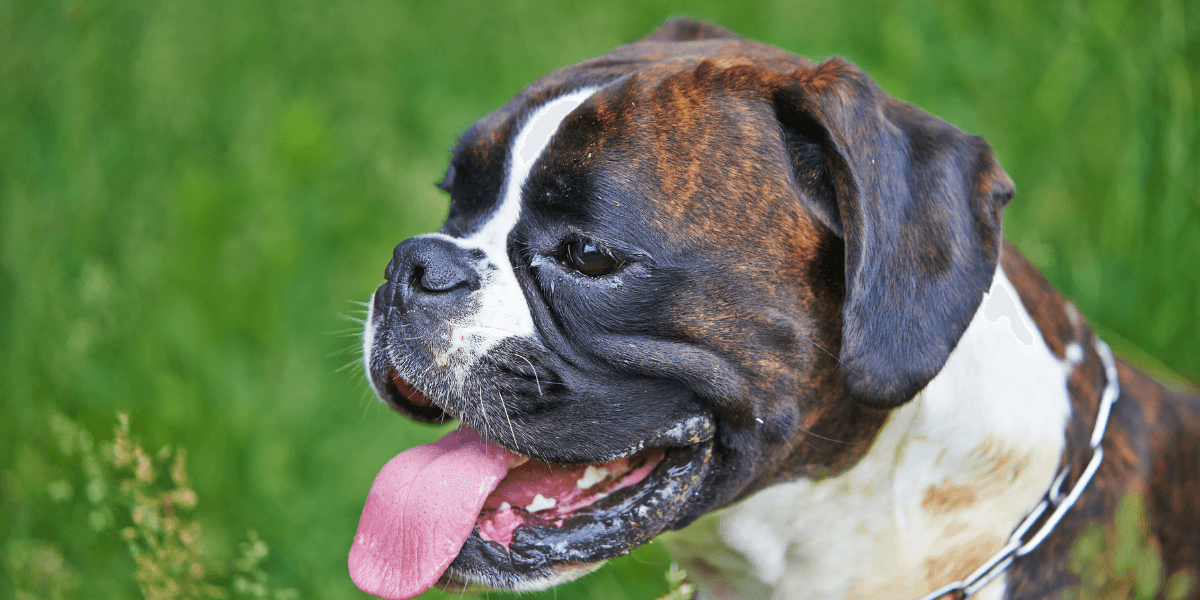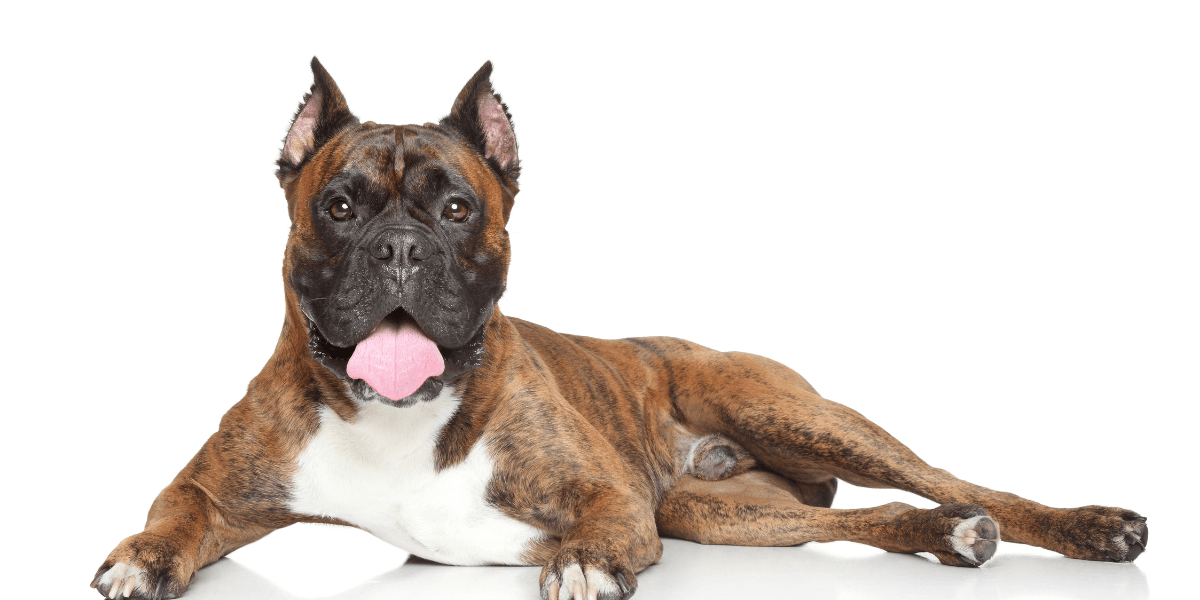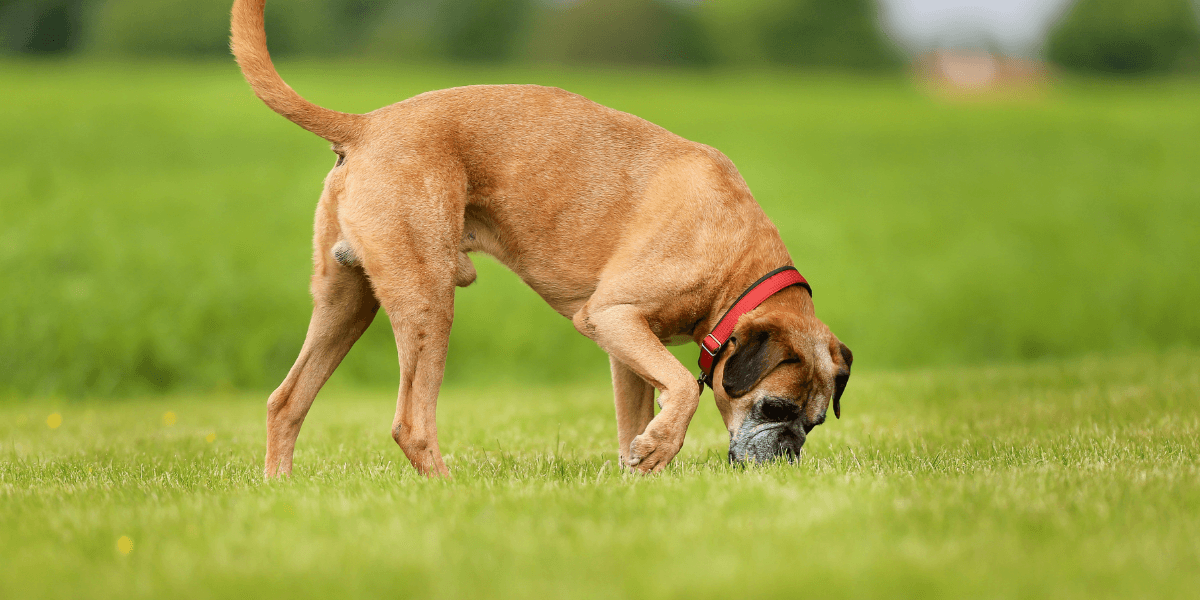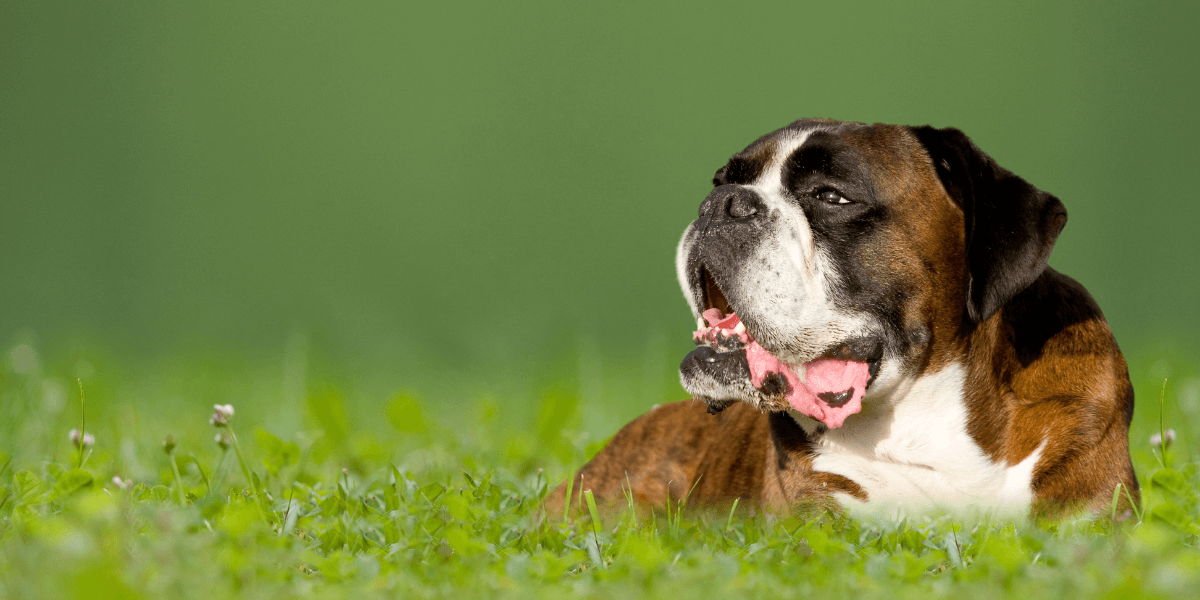Introduction
Discover the best diet for Boxers to ensure a healthy, energetic, and long life
- Explore essential nutrients that Boxers need to thrive and maintain optimal health
- Learn about specific dietary requirements tailored to your Boxer age and activity level
- Find out which ingredients to avoid for preventing common health issues in Boxers
- Understand the benefits of different types of dog food, from kibble to raw diets
- Get tips on choosing high-quality brands and avoiding harmful additives in dog food
- Hear expert recommendations for balancing your Boxer’s diet to support their well-being
- See how proper nutrition can enhance your Boxer’s overall quality of life and longevity
1. Understanding Boxer Nutritional Needs
Key nutritional requirements for Boxers include:
- Protein: Look for foods with high-quality animal protein sources like chicken, beef, or fish
- Fat: Opt for sources like fish oil or flaxseed oil
- Carbohydrates: Brown rice and sweet potatoes are excellent choices
- Vitamins and Minerals: Essential for overall health, including immune support and bone strength
- Fiber: Ensure adequate fiber from vegetables for digestion and gut health
- Water: Always provide fresh, clean water to maintain hydration and overall well-being
2. Choosing the Right Dog Food
Selecting the best dog food for your Boxer involves understanding the different types:
- Dry Kibble: Choose high-quality kibble with named meat sources and minimal fillers
-
- Specialty Formulas: Consider breed-specific or condition-specific formulas for targeted health benefits
- Wet Food: More palatable and hydrating, ideal for picky eaters, but it can be more expensive
- Raw Diet: Provides natural nutrition but requires careful preparation to ensure a balanced diet
- Homemade Diet: Allows for control over ingredients but needs careful planning to meet nutritional needs
3. Recommended Ingredients for Boxer Food
When evaluating dog food labels, look for these key ingredients:
- Named Meat Sources: Such as chicken, beef, or lamb. Avoid generic terms like "meat by-products"
- Healthy Fats: Including fish oil or chicken fat, which are beneficial for skin and coat health
- Fruits: Blueberries and apples offer antioxidants and essential vitamins
- Bone Broth: Provides joint support and extra nutrients for overall health
- Whole Grains and Vegetables: Brown rice, oats, and sweet potatoes provide essential carbohydrates and fiber
- Digestive Aids: Ingredients like prebiotics and probiotics support healthy digestion
4. Portion Control and Feeding Guidelines
Consider these guidelines:
- Follow Package Recommendations: The feeding guidelines on your dog food package, adjusting based on your Boxer’s activity
- Monitor Body Condition: Regularly assess your dog’s weight and body condition
- Avoid Table Scraps: Human food can lead to obesity and digestive issues
- Scheduled Feedings: Maintain consistent feeding times to regulate your Boxer’s appetite and digestion
- Treat Moderation: Limit treats to no more than 10% of daily caloric intake to prevent overfeeding
Discover how Boxer portion control compares to this helpful Labrador feeding guide!
5. Special Dietary Considerations
Some Boxers may have specific dietary needs or health concerns.
Be aware of the following:
- Allergies and Sensitivities: Common allergens include beef, chicken, and grains
- Joint Health: Foods with added glucosamine and chondroitin can support joint health
- Age-Specific Diets: Puppies, adults, and senior Boxers have different nutritional needs
- Weight Management: Opt for specially formulated foods if your Boxer is prone to weight gain
- Skin Conditions: Foods with omega-3 and omega-6 fatty acids help manage skin issues
Ensure your Boxer thrives by understanding their special dietary considerations.
6. Supplementing Your Boxer’s Diet
Supplements can enhance your Boxer’s diet but should not replace a balanced meal.
Consider:
- Omega-3 Fatty Acids: Support skin and coat health, fish oil is a common supplement
- Joint Supplements: Glucosamine and chondroitin can enhance joint health and mobility
- Antioxidants: Supplements like vitamin E or C can boost immune function and overall health
- Probiotics: Look for supplements with live strains
- Multivitamins: Ensure your Boxer receives a complete range of vitamins and minerals
7. Tips for Transitioning to New Food
Switching your Boxer’s food requires a gradual transition to avoid digestive upset.
Follow these steps:
- Gradual Introduction: Gradually increasing the new food’s proportion over 7-10 days
- Monitor for Reactions: Watch for any signs of digestive upset or allergies during the transition period
- Consult Your Vet: If you have concerns or if your Boxer has special dietary needs, consult your vet
- Mix Thoroughly: Blend the new food with the old to ensure a smoother transition
- Adjust Portions: Keep an eye on portion sizes to avoid overfeeding during the switch
Learn how transitioning Boxers to new food compares to feeding Great Danes with this helpful guide.
FAQs
1. What is the best diet for Boxers?
- A balanced diet with high-quality proteins, fats, and essential nutrients
2. How much should I feed my Boxer daily?
- About 2-3 cups of high-quality food, split into two meals
3. Are grain-free best diet for Boxers?
- Grain-free diets can be beneficial but consult your vet for personalized advice
4. Can Boxers eat vegetables?
- Yes, vegetables like carrots and peas can be healthy treats
5. What are the top ingredients to look for?
- Choose foods with real meat and whole grains as key ingredients for your Boxer’s diet
6. How can I improve my Boxer’s diet?
- Ensure a balance of proteins, fats, and vitamins tailored to their age and activity
7. Are there any foods to avoid?
- Avoid foods with fillers, artificial additives, and excessive fat
Conclusion
- Adopting the best diet for Boxers promotes long-term health and vitality in your pet
- Consistently providing balanced nutrition will support your Boxer’s active lifestyle
- Regularly review and adjust your Boxer’s diet based on their changing needs
- Monitor your Boxer’s weight and health to ensure their diet remains effective
- Consult with a vet to fine-tune your Boxer’s diet for optimal results and well-being
- Balanced meals are essential for a Boxer’s health, much like Rottweiler nutrition
- Make informed choices to provide the best nutrition tailored to your Boxer’s needs
Share your experiences to help other Boxer owners find the best diet for their pets!
References
For more information on Boxer health, consult the following reputable sources:
- Best Diet for Boxers – The Ultimate Boxer Feeding Guide
- The Best Joint Supplements for Dogs with Hip and Joint Pain
- Diet & Nutrition Guide: Boxer Puppies and Dogs
- Best Diet for Boxers
- Best Exercises for Dogs with Hip and Joint Pain
Thank you!



